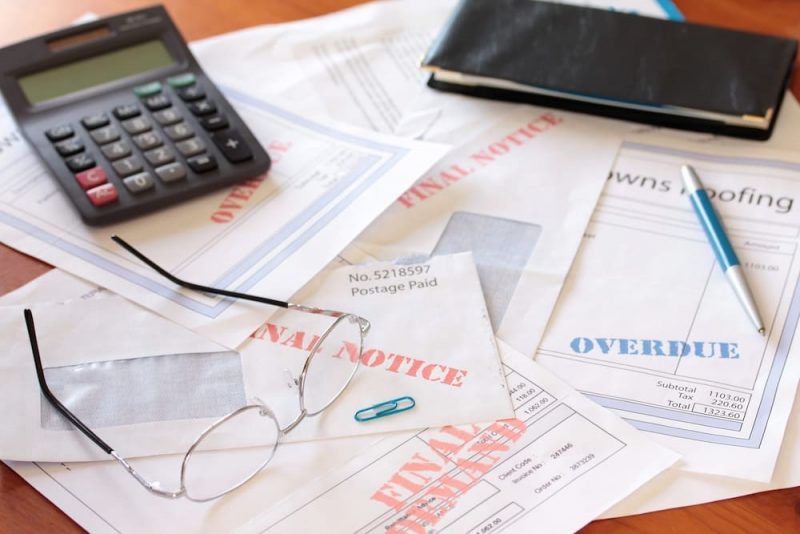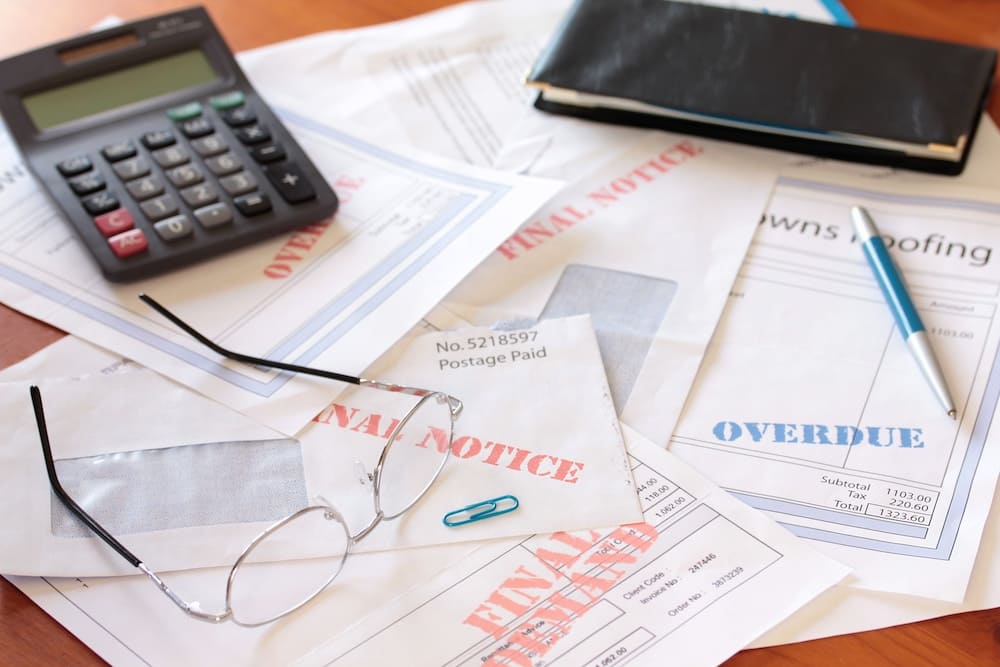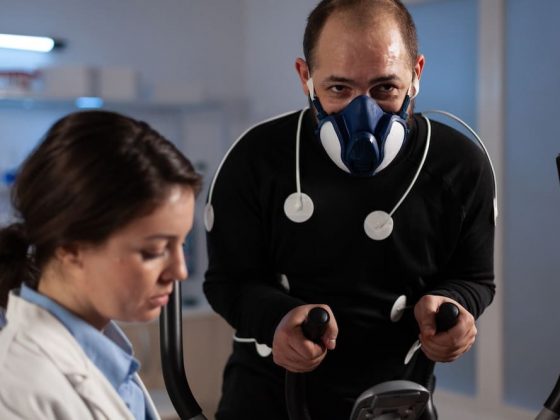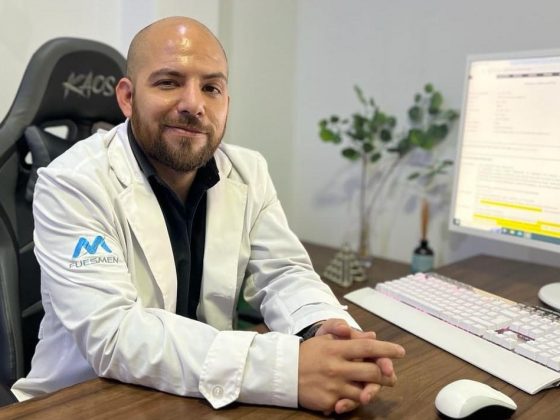Patients with major ‘adverse financial events’ – bankruptcies, liens (losing ownership of property pending payment of debt), or evictions – are more likely to have cancer diagnosed at an advanced stage than those without such serious financial problems. The US study, published in the Journal of Clinical Oncology, February 6, found that one-third of newly diagnosed cancer patients had experienced a major adverse financial event (AFE) prior to their diagnosis, including 27% of those from the highest income group.
“Our findings raise substantial concerns for the outcomes for people with an AFE before cancer diagnosis who are among the most vulnerable of all patients with cancer,” write the authors.
Robin Yabroff, senior author of the study, and scientific vice president, health services research at the American Cancer Society, adds, “Findings from this study document the prevalence of financial vulnerability and underscore the need for health care providers to screen and assist individuals with health-related social needs. These efforts are especially important given the strong evidence documenting the risk of financial hardship, also known as ‘financial toxicity’, after a cancer diagnosis.”
Millions of people in the US are financially vulnerable due to low incomes, limited savings, or high levels of debt. In 2021, for example, approximately one quarter of adults reported difficulty in paying bills in the past month and 32% reported being unable to cover an unexpected expense of $400.
For the current study, Yabroff and colleagues, used a novel linkage of data on cancer patients taken from the population-based Surveillance, Epidemiology, and End Results (SEER) cancer registry with consumer data on those same patients containing information on documented adverse financial events (i.e., bankruptcies, liens, and evictions). For this information they used NexisLexis – a data aggregation company that acquires information about individuals from multiple sources and includes information on each person’s estimated annual income to the nearest $5,000.
For the study, researchers identified individuals aged 20 to 69 years diagnosed with cancer between 2014 and 2015 from the SEER registries for Seattle, Louisiana, and Georgia. Then, from the LexisNexis data, all AFEs occurring at any time prior to the cancer diagnosis were identified. The association of AFEs with later stage cancer diagnoses (stage III/IV) was assessed using sex-specific multivariable logistic regression. The individual’s estimated annual income for the year of diagnosis was categorised into one of five income groups by cancer registry, allowing lowest to highest income categories to be considered separately.
Results show that, of the 101,649 patients identified with cancer, 36,791 (36.2%) had a major AFE reported prior to diagnosis. People with previous AFEs were more likely to be diagnosed with later-stage cancers than individuals with no AFEs. For males the odds ratio was 1.09 (95%CI 1.03–1.14; P<0.001 ); while for females the odds ratio was1.18 (95%CI 1.13–1.24, P<0.001), after adjusting for age, race, marital status, income, registry, and cancer type.
AFEs were most common among non-Hispanic Black patients, and unmarried patients. People in the lowest-income group had the highest AFE proportion; however, surprisingly 27% of people in the highest income group (defined as ≥$90,000 in Seattle, ≥$67,000 in Georgia, and ≥$45,000 in Louisiana) had an AFE. “Our findings suggest that income may not be the best indicator of financial status and the ability to afford and access health care,” write the authors.
The association of a major AFE and later-stage diagnosis persisted even for AFEs that had occurred many years before diagnosis. The results demonstrate that adverse financial events can have long lasting consequences affecting access to medical care.
“People who have experienced major adverse financial events, who are financially vulnerable may be less likely to have a usual health care provider and receive recommendations for regular cancer screening. If they do receive cancer screening, they may be less likely to have timely or any follow-up of abnormal screening results. People who are financially vulnerable may also delay timely follow-up of early cancer signs and symptoms, especially if they do not have a usual care provider. Lack of access to care in any of these steps along the pathway to cancer diagnosis can result in more advanced disease once cancer is diagnosed,” Yabroff tells Cancerworld.
Although the study was conducted in the US, the authors believe that results are relevant for health care settings outside the US. “Our findings underscore the importance of understanding if and how financial vulnerability can affect access to care that may lead to a later stage cancer diagnosis,” says Yabroff.
Next, the team plan to examine whether people who experience a major AFE prior to a cancer diagnosis are more likely to experience another AFE after diagnosis. “We also want to examine how major adverse financial events affect receipt of treatment and survival after a cancer diagnosis,” says Yabroff. “The underlying goal of this research is to identify approaches for improving access to care and outcomes for patients and their families.”












